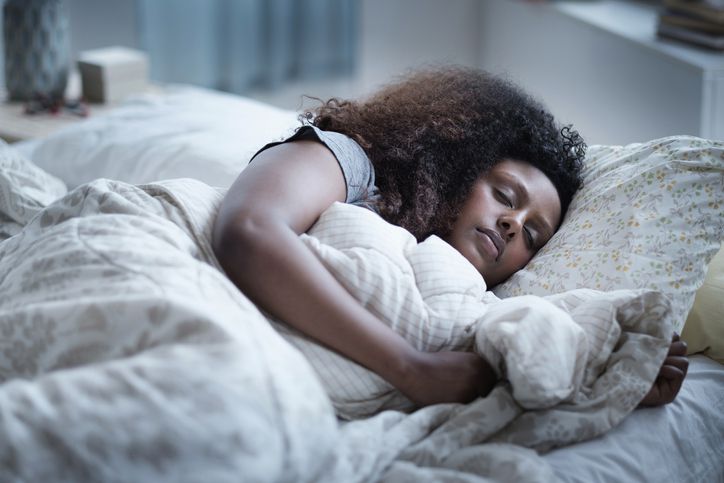Sleep science has advanced significantly in recent years, shedding light on the importance of sleep and how it affects our health and well-being. However, despite this wealth of knowledge, many myths about sleep persist. Let's take a closer look at some of the most common misconceptions and separate fact from fiction.
-
Myth: Your body gets used to lack of sleep. Fact: Sleep deprivation takes a toll on your brain and body, impacting cognitive function, memory, and overall health. Your body does not adapt to lack of sleep, and persistent sleep deprivation can lead to serious health problems.
-
Myth: How long you sleep is all that matters. Fact: Sleep quality is just as important as sleep duration. Fragmented sleep can interfere with the restorative stages of sleep, affecting overall sleep quality and leaving you feeling groggy and unrested.
-
Myth: If you're having trouble falling asleep, stay in bed until you can. Fact: Experts recommend getting out of bed if you've been trying to fall asleep for 20 minutes. Staying in bed while awake can worsen sleep difficulties and create negative associations with bedtime.
-
Myth: Alcohol before bed improves sleep. Fact: While alcohol may initially induce drowsiness, it disrupts sleep patterns and can lead to poor sleep quality, especially in the second half of the night.
-
Myth: A warm bedroom temperature is best for sleeping. Fact: Most people sleep best in a cool environment, around 65 to 68 degrees Fahrenheit. A warm bedroom can interfere with the body's natural temperature regulation during sleep.
-
Myth: Sleeping with a light on is harmless. Fact: It's best to sleep in a dark room, as even low light can disrupt sleep and interfere with circadian rhythms. Too much light in the bedroom may also lead to eye strain and weight gain.
-
Myth: You eat spiders in your sleep. Fact: There's no evidence to support this widespread myth. Spiders are unlikely to crawl into your mouth while you sleep, and the fear of swallowing spiders is unfounded.
-
Myth: Women and men have equal risk of insomnia. Fact: Women have a higher lifetime risk of insomnia than men, due to factors such as hormone fluctuations, stress, and mood disorders. Pregnancy can also contribute to sleep disturbances in women.
-
Myth: Napping makes up for a lack of nighttime sleep. Fact: Naps are not a substitute for quality nighttime sleep and can further disrupt sleep patterns if relied upon excessively. Short, early afternoon naps may be beneficial, but they should not replace nighttime sleep.
-
Myth: Snoring is harmless and nothing can be done to reduce it. Fact: Chronic snoring may be a sign of obstructive sleep apnea, a serious sleep disorder that requires treatment. Various methods, such as positive airway pressure devices and lifestyle changes, can help reduce snoring and improve sleep quality.
By debunking these common sleep myths, we can better understand the importance of quality sleep and make informed decisions to prioritize our sleep health.

